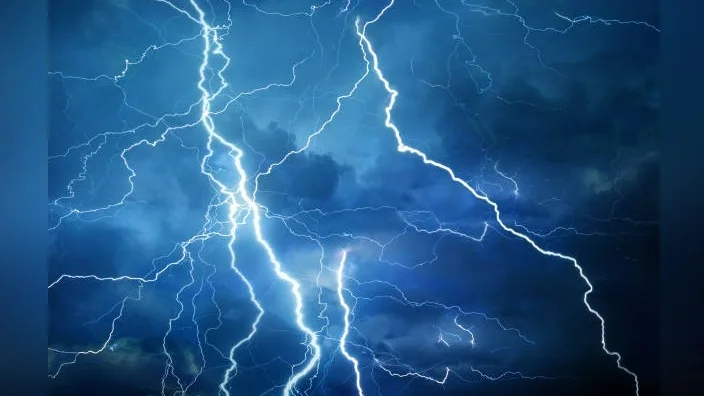Relief efforts are in progress to assist communities in western North Carolina, which have been severely affected by Tropical Storm Helene. The storm caused significant flooding, disrupting municipal water systems, destroying roads, and downing utility lines, leaving many mountain communities isolated since September 27. As of September 30, supplies were being airlifted to areas around Asheville due to the extensive damage.
Governor Roy Cooper described the event as “one of the worst storms in modern history for parts of North Carolina.” Reports indicated that at least 36 people had died in North Carolina due to the storm as of September 29. Rescue operations continued over the weekend to find those stranded or missing.
Margaret Beale, principal of Immaculata School in Hendersonville, highlighted the severity of the situation: “Power is out everywhere and cellphone towers are down — and water is out in some places, too. This really is a disaster.”
The Diocese of Charlotte has mobilized its members to offer support through prayers, fundraising, and delivering relief supplies. Msgr. Patrick Winslow stated, “We pray for everyone who has been affected...for those who have been injured or lost loved ones.”
Efforts include organizing emergency supply drives from Charlotte to impacted areas like Hendersonville. In Huntersville and Concord, parishioners gathered essential items for distribution throughout affected regions. Local police and fire departments are also coordinating relief collections.
Catholic Charities Diocese of Charlotte launched an online appeal for donations to aid recovery efforts. Gerry Carter emphasized their commitment: “While we’ll be there handing out water and providing food...our real impact is on the longer-term restoration of lives.”
As repair work continues across western Carolinas, Duke Energy reported ongoing power outages with expected restorations by October 4. However, severe damage means precise timelines remain uncertain.
St. Margaret Mary Church in Swannanoa suffered damage from a fallen tree; services have been suspended indefinitely as assessments continue.
Roger Patton recounted witnessing dramatic rescues from swollen rivers: “People were clinging to trees and debris piles...the river washed away whole houses.” He described widespread damage across Black Mountain and Swannanoa.
Educational institutions like Immaculata School experienced severe flooding leading to closures until further notice.
The diocese postponed a Family Life Conference scheduled for September 28 due to power issues but resumed regular services where possible after repairs.
Bishop Michael T. Martin lifted Sunday Mass obligations for affected areas while encouraging resilience among communities: "Stay strong."
 Alerts Sign-up
Alerts Sign-up





